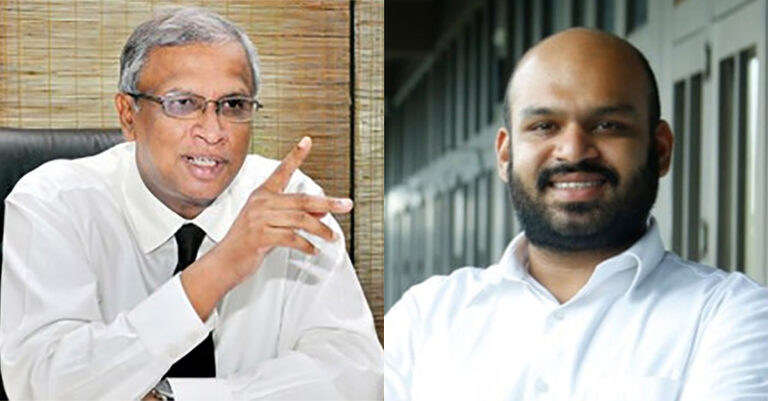By Sunil Jayasekara
( 30 October 2025 | Sri Lanka Brief)
Democracy Undermined by Misinformation and Deliberate Evasion
Sri Lanka’s Constitution mandates the establishment of provincial councils in each province and the holding of elections at regular intervals to ensure public representation. Historically, provincial council elections have taken place even during periods of war and severe national crises.
However, no elections have been held for three provincial councils—Eastern, Sabaragamuwa, and North Central—since 2012. Three others—Central, Northwestern, and Northern—last held elections in 2013, while Uva, Western, and Southern councils last went to the polls in 2014. This means that, for eight years, provincial councils have remained inactive, undermining democratic governance.
Why Were Elections Deliberately Delayed?
Successive governments have ignored their constitutional duty and denied citizens the right to vote. Two main reasons explain this:
- Consolidation of Executive Power: Presidents have exploited this vacuum to expand authority through governors, bypassing elected representatives.
- Political Strategy: Avoiding elections prevents opposition parties from capitalising on public dissatisfaction.
The Good Governance administration elected in 2015 exemplifies this trend.
Misconceptions About Provincial Councils
Governments have found it easy to erode democracy partly because of misconceptions about the Provincial Council system:
- Myth 1: Decentralisation Leads to Separatism
Communal forces and mainstream media have perpetuated this fear since the Indo-Lanka Accord introduced provincial councils in 1987. Yet, decentralisation often strengthens national unity. Switzerland is a prime example. Similarly, the Wayamba Provincial Council under Chief Minister Jayawickrama Perera demonstrated how effective provincial governance benefits citizens. - Myth 2: Provincial Councils Are White Elephants
This claim is false. In fact, more money was spent on provincial councils in 2022—when they operated without elected representatives—than in 2019, when they had members. According to Lankadeepa (22 August 2023), the additional expenditure was Rs. 14,136 crore. Less than 1% of total costs go to elected representatives; most spending covers salaries and allowances, which remain constant whether councils function or not.
Why Elections Remain Stalled
The deadlock stems from the failure of the Provincial Council Election Delimitation Committee’s report, which Parliament rejected during the 2018 constitutional crisis. Since then, no new delimitation proposal has emerged.
While a fresh delimitation process could take years, elections should not be postponed further. The simplest solution is to restore the previous electoral system through amendments.
The Way Forward
MP M.A. Sumanthiran’s Private Member’s Motion in the last Parliament offered a way to break this impasse. The Supreme Court approved it with minor changes. Although Sumanthiran is no longer in Parliament, MP Shanakkian Rasamanikkam has reintroduced the proposal with those amendments.
The current Parliament must act immediately to:
- Pass the proposal
- Hold provincial council elections without delay
- Reinstate democratic representation
The government faces no obstacles—it commands a majority of 159 seats. Both President Anura Kumara Dissanayake and opposition leader Sajith Premadasa pledged during the 2024 presidential campaign to implement the 13th Amendment and conduct overdue elections. Parliament could even achieve unanimous approval.
Until this happens, Sri Lanka continues to violate the sovereignty of its people and cannot claim to uphold constitutionalism.
Sunil Jayasekara
[email protected]
( This is an edited translation of a Sinhala language article published on our Sinhala site.)
